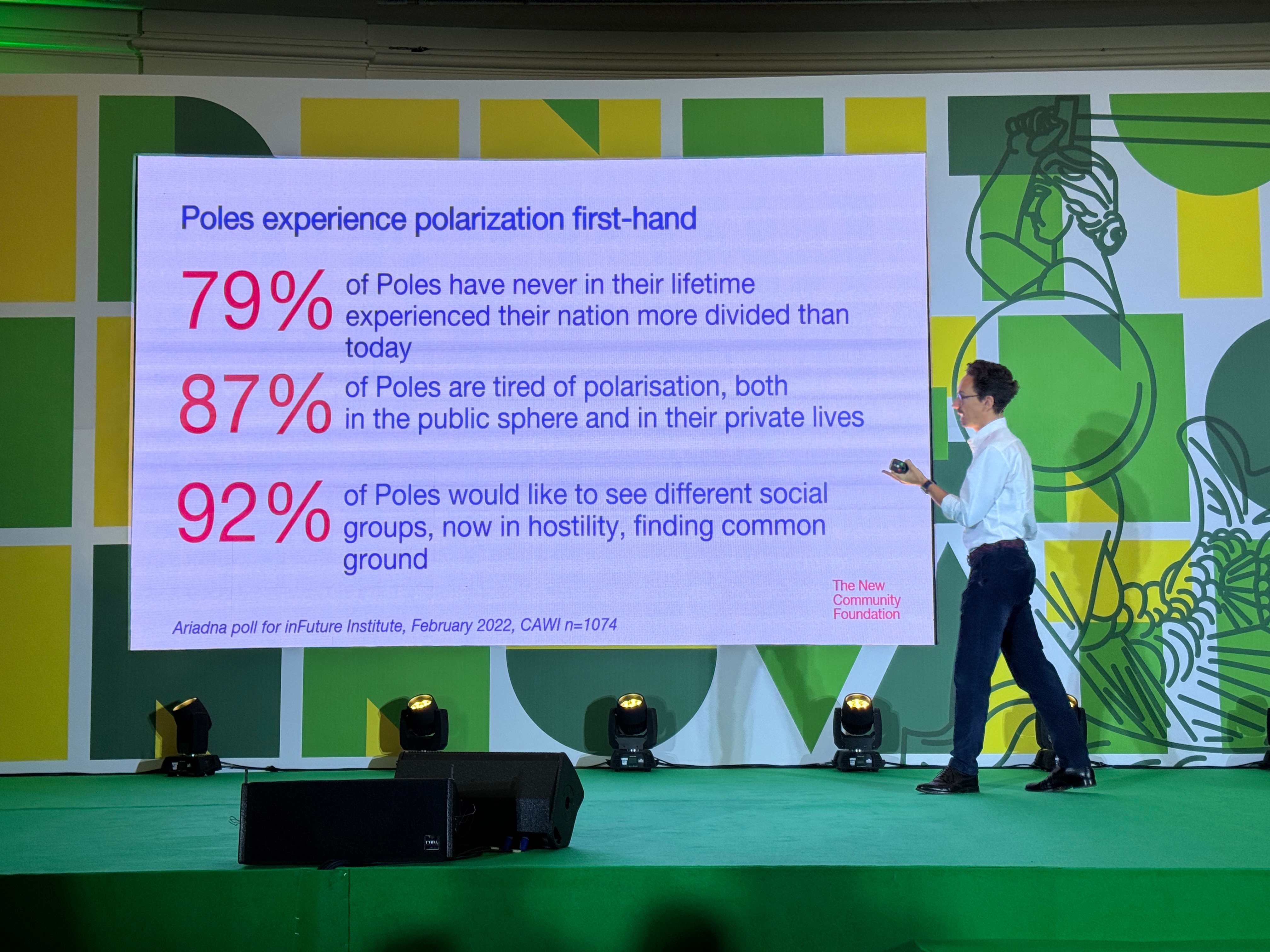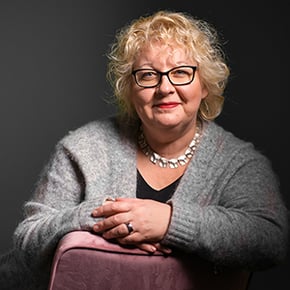The International Communications Consultancy Organisation (ICCO) organised the most current and intriguing ICCO Global Summit event ever in mid-October.
Warsaw was just the right place for an international communications event focusing on the impact of geopolitical tensions, polarisation, information warfare, and the ethics of artificial intelligence. After all, Poland has been the scene for European upheavals and much human suffering. The country has been trampled upon with swords from both the East and the West, but the city has always been rebuilt with hope. Currently, Russia's cruel war of aggression against Ukraine is evident in the everyday lives and work of Poles and other Europeans.
The ICCO Board meeting that preceded the summit will also go down in the history of our industry. During the meeting, the ethical principles for the use of AI in the communications industry were ratified. As Global Ethics Chair of the ICCO, I led the preparation of these principles, so the positive ratification decision felt like moving a mountain. The meeting also decided to establish a global ethical advisory board, the ICCO Global Ethics Board. As its chair, I am now embarking on building it with the representatives of ethical advisory boards from different countries.
Not just guidelines, but a compass of knowledge and responsibility: the Warsaw Principles
Artificial intelligence is here to stay and will significantly transform the way we work. It has already altered the way we work, even if we may not be fully aware of it. The rise of generative, or creative, AI and its easy accessibility has opened the floodgates – now, AI cannot be ignored any longer.
In many ways, the numerous expert presentations at the Summit made it clear that we are undeniably on the verge of a significant change and we are learning immensely every day. We are facing tremendous opportunities, but also entirely new threats. We will stumble many times before our knowledge and skills make us wise and responsible users of AI.
The power of communication and marketing to influence is enormous. As AI is harnessed extensively for the planning, production, targeting, and monitoring of communications and marketing, efforts to influence must be ethically sustainable. The Warsaw Principles are therefore not just a set of guidelines, but a compass pointing the way to a future of responsible influence.
The summit also painfully highlighted the fact that AI also enables hostile influencing tactics, and the rapid creation, distribution and monitoring of, lies and fakes. The traces of information warfare, integral to the war doctrines of authoritarian states originating from outside democracies, are visible in the polarisation of democracies.
Political compromise and peaceful dialogue, which are at the heart of democracy, are becoming increasingly difficult. There are examples of this everywhere, including here in Finland, although we are not yet in as difficult a situation as many other countries.
The most stirring speeches of the event came from our Ukrainian colleagues. Their eyes are wide open to identify the various elements of Russian hybrid influence. They also had the most courage to speak about things by their real names. Every Ukrainian is fighting for the independence of their country. Our colleagues are using their professional skills of influence to counter Russian disinformation and to keep the rest of the world aware of the atrocities committed by Russia against civilians.
Genocide is a reality just a few hundred kilometres away from us. The question that remained lingering in the air is the most crucial one concerning responsibility and ethics: why do we still not do everything in our power to stop Russia?
How do we collectively combat against lies and hostile influence attempts?
We need collaboration and bridge-building. Especially in this geopolitical situation and in the given environment of discourse, democratic states must be able to identify infiltrators from outside the realm of democracy. For this we need stronger muscles and international institutions.
As the representative of ICCO, I have been participating in the preparatory work of the Council of Europe on human rights and AI legislation in the role of a partner and observer since 2019. Cooperation with the Council of Europe has continued to expand, and ICCO is in the process of commencing cooperation with the United Nations. In all our collaborations, we are called upon to bring our expertise in advocacy and a deep understanding of substantial, shared challenges.
It is no longer a question of small local campaigns, but the collective defence of all democracies, human rights, the rule of law, and science-based facts. The poisoning, misleading and dumbing down of human minds are at least as significant and deadly a threat as weapons and pollution.
The polarisation of democracies is a challenge we cannot ignore
I was truly impressed by the openness and courage of the geopolitical analysis presented by the event's high-level speakers. I have not seen that at international events within our industry before. No words were spared when talking about the criticality of the fight against disinformation.
The polarisation and division of societies may indeed be the greatest threat we face. Divided, with differing opinions and disdain for each other, we cannot effectively respond to significant global challenges. We are sowing misery that only benefits the dictators of the world.
The most worrying yet hopeful presentation at the Summit was given by Wawrzyniec Smoczyński, Director of The New Community Foundation in Poland, on why societies are becoming increasingly divided and what can be done about it.
Polarisation has gained a strong foothold in the world's democracies, and it is growing. Smoczyński opened up on the causes and significance of polarisation, the roles of populists and social media. Can companies just stand by and watch as societies become divided?

We learned about the proactive efforts in Poland, which is highly divided, to actively reduce and combat societal polarisation. The experiences and insights from Poland were impactful. I propose that in Finland, Sitra could initiate a similar mission before the tone of our societal discourse becomes more aggressive. Words matter, which is why we must bear responsibility in societal discussions and strive to increase understanding and find compromises.
In Warsaw, we delved deep into the various dimensions of influence. It became clear that artificial intelligence has the potential to reshape our world in many ways, but we must collectively take responsibility to ensure that the transformation serves humanity in the long run.
The Warsaw Principles remind us that the use of technology must go hand in hand with ethics. We know that communication and our ability to collaborate are the superpowers for the success of the human species, crucial for building a humane future. However, it should be notated that AI is kryptonite for democracies when utilised in the information operations of imperialist states.
Read ICCO's press release on the ethical principles of artificial intelligence in communication.
